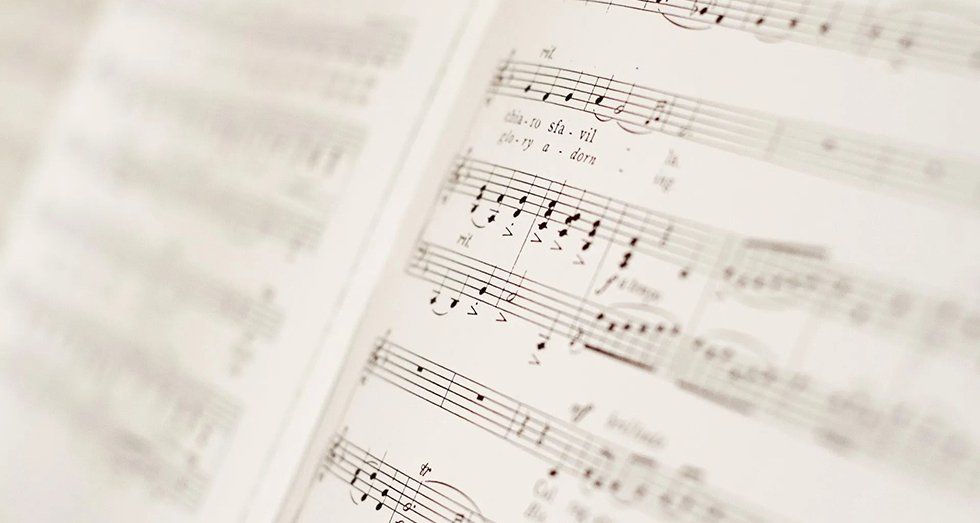Distinctly Different

Music and Dance in California and the West
Hollywood: Bureau of Musical Research 1948
Editor: Richard Drake Suanders
Few laymen understand the difference between arranging and orchestrating a musical composition. In fact, most of them have the impression that orchestration is a much more difficult task and requires more originality than arranging. This is entirely erroneous. To arrange means to translate the thoughts and emotions of a composer through the means of voices and instruments. Orchestration simply involves the combining of instruments of different timbres so as to obtain contrast and color.
The foregoing definitions somewhat overlap. In order to draw a line of demarcation between them the American Society of Music Arrangers has made certain distinction.
The task of the orchestrator is to distribute the parts of a musical composition to the various instruments of the orchestra, to transpose them in their respective clefs in the score or partitur. But a composition turned over to the orchestrator must be complete in form. It must have melody, harmony, structure - bass, contrapuntal lines, figurations and obbligati.
The task of the arranger is quite different and more complicated. The piece of music placed in his hands is usually incomplete in form. It is generally a simple melody, partially harmonized. It requires creative ability on the part of the arranger to develop length and embellish the theme or original melody so as to give it substantial and tonal qualities. Primarily, the arranger must have at his finger tips the knowledge of counterpoint.
If a piece of music already has been arranged for orchestra and is merely to be transcribed for voices, without any further creative contribution, such work comes under the heading of orchestration.
An ungifted arranger easily can mar the beauty of an original manuscript score. Many a fine composition has lost its original quality owing to the arranger's lack of inspiration. On the other hand, many a mediocre composition owes its popularity to clever treatment and many a tune that was doomed to an "early death" was saved by the imaginative work of a talented arranger.
The distinction between arranging and orchestrating had to be made because the Musicians' Union, having no jurisdiction over creative work, has fixed a rate of compensation for orchestrators only, not for arrangers. The rate of compensation for both arranging and orchestrating is considerably higher.
Composers employed by the motion picture studios usually present the orchestrator with a complete score, even indicating instrumentation; others give a complete sketch in form, but leave the instrumentation to the orchestrators; still others merely present an outline of what they want and leave it to the arranger to complete the sketch and to orchestrate it.
Some studios employ both arrangers and orchestrators besides composers; others require arranging and orchestrating to be done by the same individual. In isolated cases the composer is required to make his own arranging and orchestrations, but time seldom permits this practice inasmuch as the composer usually conducts the orchestra when scoring for a picture.
The arranger-orchestrator is a member of a respected and well-established profession. To become a qualified member of this profession the individual must have a complete knowledge of solfeggio - not the movable Do System. He must be acquainted with the range of all instruments, with a special understanding of the harp, the French horn and percussion. He also should be equipped with a thorough background of harmony and counterpoint. He should familiarize himself and be able to analyze the various forms of compositions, old and new, classical and popular.
In addition, if the arranger-orchestrator aspirant then is willing to work under pressure and take severe criticism, with little praise, he may apply for membership in the American Society of Music Arrangers. And God help him!



